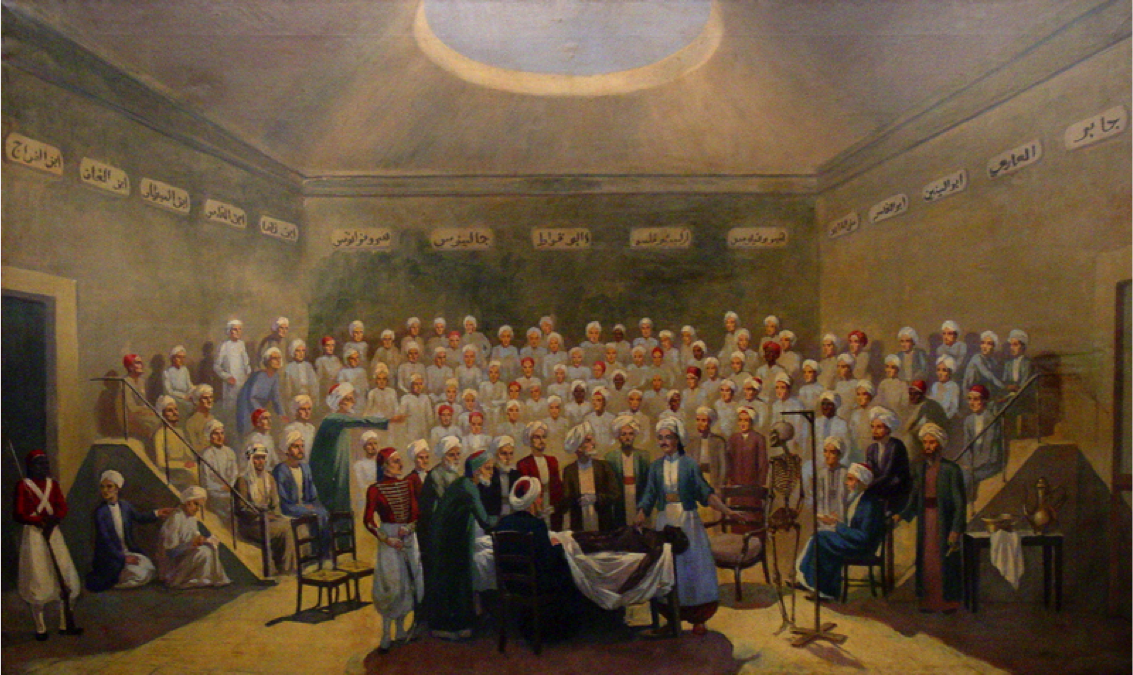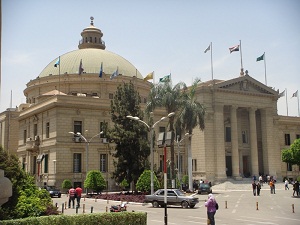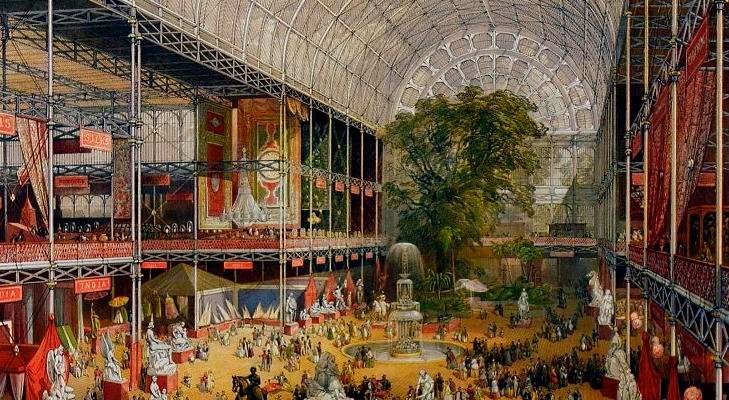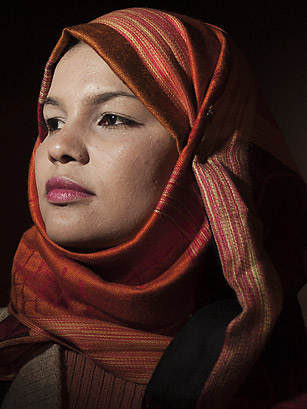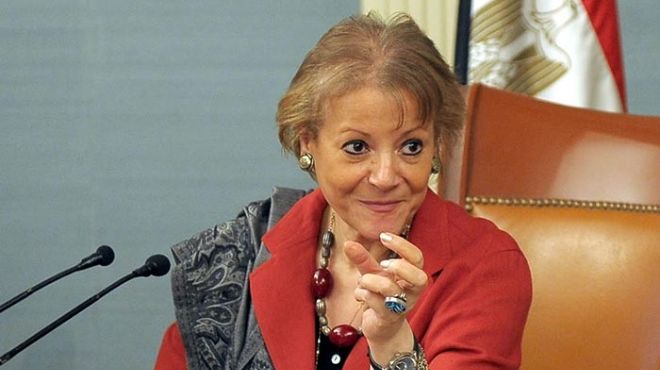Published in Ahram Online on November 21, 2012 Cultural and civilisational diversity of the Egyptian society inspired mega project like arabising medicine in the 19th century. But, unfortunately it did not motivate the members of the Constituent Assembly. A few days ago I met with some friends to read the draft constitution that the Constituent Assembly is about to finalise, the first copy of which was published in the press a few days ago. As soon as we started to closely read the text, we were shocked by the poor language, lack of vision, contradictory ideas and flawed logic in…
Leave a CommentCategory: Press articles
Published in Ahram Online on November 14, 2012 Human rights NGOs say that 11 people died from torture in police stations during Morsi’s tenure, but the issue is not being addressed by the government. It is the first anniversary of the death of Essam Ali Atta – an occasion to revisit the issue of torture and ask what President Morsi has done so far to confront this serious issue. Atta was a 25-year-old young man who was arrested by the military police on 25 February last year, and charged with illegally occupying an apartment in Moqattam. Only one day after…
Leave a CommentPublished in Ahram Weekly on November 12, 2012 As I go through the draft of the new Egyptian constitution, Article 11 strikes me as one of many curious articles in that supposedly foundational text: “The state protects the cultural, civilisational and linguistic unity of Egyptian society, and strives to Arabise science and knowledge.” Like others who have commented on the draft constitution, I have a problem with this article, but unlike others my problem is not that Arabising science might result in our doctors and engineers losing touch with the latest developments in medicine and engineering. Nor does my problem…
Leave a CommentPublished in Ahram Online on October 27, 2012 Considering the notable number of Egyptian extremists who have medical and engineering degrees, a critical examination of Egypt’s education system and myopic approach to learning is necessary In 1980, Saadeddin Ibrahim published in English an analysis of the social background of two pioneer political Islam groups in Egypt. After acquiring the necessary security passes, Ibrahim made prison visits to talk with members of the Military Technical College and El-Rl-Takfeer wa El-Hijra (Excommunication and Flight) groups who were jailed after carrying out violent attacks that killed dozens, such as seizing the Military Technical…
Leave a CommentPublished in Ahram Online on August 29, 2012 It was republished in Free Speech Debate on September 10, 2012 Looking at Egypt, historian Khaled Fahmy affords a harrowing insight into the status of that most indispensable of commodities: the book In recent weeks I encountered two incidents that made me feel extremely sorrowful about the situation of books, reading, and indeed culture, in Egypt. The first happened in New York City, and requires a brief background For the past few years, I have been working on a book that tackles the social and cultural history of Egypt during the 19th century.…
4 CommentsPublished in Egypt Independent on March 23, 2012 On 11 March, a military court acquitted a former military doctor accused of conducting the infamous “virginity tests” on a number of women who had been detained by the military in March of last year. The case was brought by a 25-year old woman, Samira Ibrahim, who was among those on whom these degrading and humiliating tests had been conducted. Immediately after hearing the verdict, Ibrahim collapsed in tears, considering it a travesty of justice. Soon thereafter, however, she decided to take her case to the African Commission on Human and Peoples’…
Leave a CommentPublished in Egypt Independent on March 12, 2012 When I worked as an assistant professor in the department for Near Eastern Studies at Princeton University, I often represented my department at the large freshmen fair which was organized at the beginning of each academic year to welcome new students and to walk them through the different departments, disciplines and activities available on campus. What really amazed me at this annual fair was the large number of student clubs and organizations, which reflected an extremely rich and diversified student life. These clubs did not have only artistic, cultural or social goals,…
Leave a CommentPublished in Egypt Independent on March 6, 2012 During my student years at the American University in Cairo (AUC) in the early 1980s I used to work as an employee at the university library. This was by far one of the most enjoyable jobs I have ever had. On Saturdays, when no classes were held, but when the library itself was open, I used to be the supervisor of the whole library, and in this capacity, I would come at ten in the morning and leave at eight at night. Like many quirky librarians (I suspect), I would spend these…
Leave a CommentPublished in Egypt Independent on February 26, 2012 The trial of 43 pro-democracy activists, including almost 20 US citizens, on the charges of working illegally in Egypt, has left many puzzled and bewildered. Over the past two weeks, US diplomats, congressmen and military generals have been shuttling between Cairo and Washington in a frantic attempt to figure out what lays behind this sudden move and to secure the release of the charged US citizens. And while many Egyptians seem to have bought the official line that this was a long-overdue move aimed at subjecting foreign NGOs to local legislation and…
Leave a Comment

